Oliva Cigars announced its wholesale prices will increase either 3% or 5% beginning January 15. The company said it would honor its previous 2024 prices on any orders placed before January 15, and cited inflation as the main reason for the increase. The vast majority of Oliva’s cigars will increase by 3%, however, Oliva Serie V Melanio and Oliva Serie V Melanio Maduro will increase by 5%.
Tag: cigars

Exquisitely crafted
Science-based regulations may be appropriate for most tobacco products; fine cigars deserve to be regulated as an art.
By George Gay
Longer ago than I care to remember, I attended what, if memory serves me correctly, was called a cigar dinner. Now I know, because I have written a story about such matters, that some chefs like to occasionally include tobacco in their more exotic dishes. So I had better explain that the dinner I attended—at one of London’s best hotels—comprised a splendid, tobacco-free meal that was punctuated with fine cigar smoking.
I cannot remember what the dinner marked or celebrated, but I clearly remember two things from that evening. The first was that the diners on the far side of the room from where I was sitting disappeared. One moment they were there; the next they were not. It was like watching Claude Rains in The Invisible Man as he took off his bandages and clothes, though without the preceding violence, I’m glad to say. In fact, what had happened was that, unnoticed, the huge amount of cigar smoke that had been generated by the large number of guests had filled the upper reaches of the room in which the dinner was held and then gradually descended to about the height of the head of a seated person. The effect didn’t last for long because, I assume, the hotel management was informed of the situation and somebody was dispatched to press the button labeled “extraction system.” Certainly, there was a noise of machinery starting up, and the smoke cloud disappeared within a matter of seconds.
The second thing I remember about the dinner was that one of the men seated at my table, who anyway owned many fine cigars, told me that he had been left a huge number of such cigars by somebody who had recently died. The interesting thing about his story was that whereas the executors had told him of the existence of the cigars, they couldn’t tell him how many there were nor where they were to be found. So the man was enjoying himself doing the rounds of those London establishments that let out humidor space in his quest to track down the cigars. He had found a great many by the time that he spoke with me, but he was confident there were more to find. For all I know, he’s still searching. There are worse ways to spend your time, I imagine.
A special species
I present these two vignettes in the hope of convincing you, the reader—while, at the same time, reminding myself—that there is something special about fine cigars. You see, I have noticed that, in the U.S., there has been a lot of special pleading about how fine cigars should be protected from the worst ravages of the Food and Drug Administration’s (FDA) deeming regulations while—though this is not said expressly—cigars that are not in the “fine” category should be left to their own devices, and initially I was less than comfortable with this argument. I mean, fairness suggests that the products enjoyed by the financially struggling should be protected from the regulations rather than those enjoyed by the better off, who are well-placed to find something else to occupy their time. (Of course, I don’t mean to imply that cigars not described as “fine” are defenseless. Far from it. Many of them are made by major manufacturers that can afford big lobbying spends.)
But it isn’t that simple. The division between who can afford fine cigars and who cannot is not as marked in the U.S. as it is in Europe. I don’t want to get myself into an argument that I’m not going to win about what constitutes a fine cigar*, but, in the U.S. at least, this is a product that is enjoyed not only by those financially well-off. As I understand it, plenty of people who are modestly well-off smoke fine cigars—policemen and firefighters, for instance.
Something else that marks fine cigars out as being special concerns the fact that a lot of those that are hand-rolled in the U.S. are the products of small and medium-sized businesses, some of which are family concerns. And, to my mind, it is important for two reasons that such companies are encouraged to continue to operate. One is that they form part of an industrial complex whose strength lies in its diversity, in its multinational, large, medium and small businesses. That their well-being should be threatened by the sorts of rules put forward by the FDA as part of its deeming regulations is, to my mind, so counterproductive as to be absurd.
The second point has to do with the consumer rather than the business. Look at the consolidation that has taken place within the cigarette industry and the way in which that consolidation has helped the shareholder rather than the consumer. Then look at how relatively diversified the local fine cigar industry is and at how the businesses within it serve their customers with a huge range of products.
And, as is mentioned above, these are products that can be savored by people from just about any walk of life, though it should be noted that, for whatever reason, this appeal does not extend to those ruled to be underage when it comes to buying tobacco products. Perhaps price is one factor in persuading young people not to indulge in fine cigars, but I suspect, too, that these products involve too much of an investment in time. One of the things that appeals to many fine cigar smokers—sitting around with like-minded people discussing cigar colors, flavors, shapes, densities, bands, boxes, etc.—is probably a turn-off for young people, who need to be doing more important things—things of which, at my age, I am vaguely aware but, thankfully, couldn’t describe.
Fine cigar boxes, meanwhile, constitute an issue in themselves. Given that fine cigars are smoked only by people who are committed to such products, who would want to sully such beautiful boxes with ugly health warnings? What possible purpose is served by besmirching these creations in this way? Are we saying that the people who smoke fine cigars aren’t aware that their habit carries some risk? And, in any case, don’t we create enough ugly things with our interminable, gratuitous wars?
Overall, much of the threat faced by fine cigars is caused, I think, by a misunderstanding to do with the word “science.” Some time ago, I noticed that the recently appointed head of the FDA, Scott Gottlieb, on being asked what his intention was in respect of fine cigars, said, “Whatever we do in this regard is going to need to be science-based, of course.” Surely, this is the very opposite of what is needed. Fine cigars constitute an art form, and, as such, though they might be informed by science, cannot rightly be governed by science. The production of the leaf tobacco that is used in making fine cigars can usefully be improved by the application of scientific methods, just as the production of oil paints can be improved by scientists. But then to extend science’s remit to how the oil paint is applied to the canvas or how the viewer perceives the final painting would be nonsense, just as it would be to extend such a remit to how fine cigar tobacco is rolled and how what it delivers is savored by the smoker. And this applies especially to the bureaucracy-dominated science in which the FDA specializes.
*I would say, however, that, at the very least, a “fine cigar” would have to be made by rolling by hand a bunch of good-quality tobacco leaves within a leaf binder and wrapper.
Supporting the small guy
 The Cause of Action Institute (CoA Institute) on Tuesday filed an amicus curiae brief in support of a challenge to a new regulation that threatens small premium-cigar businesses in the US.
The Cause of Action Institute (CoA Institute) on Tuesday filed an amicus curiae brief in support of a challenge to a new regulation that threatens small premium-cigar businesses in the US.The CoA Institute filed its brief in support of the plaintiffs: the Cigar Association of America, the International Premium Cigar and Pipe Retailers Association, and Cigar Rights of America.
These groups have brought a lawsuit against the Food and Drug Administration challenging a new regulation with what the CoA Institute described as far-ranging, negative economic impacts on consumers and small businesses engaged in the premium cigar industry.
‘The new regulation finalized by FDA unfairly targets America’s smaller-scale cigar manufacturers, trampling on a proud American heritage and eliminating economic opportunity for many small businesses,’ the CoA Institute said in a press note.
“Common sense appears to be dead at the FDA,” Patrick Massari, assistant vice president at the CoA Institute was quoted as saying. “Inexplicably, the FDA ignored tens of thousands of comments from the premium cigar industry, Congress, local government, media, and the citizens of the United States, particularly those affected in ways large and small by FDA’s power grab. Under this new rule, the tradition of premium, hand-rolled cigars handed down by generations will turn into a corporate profit mill.”
‘In its brief, CoA Institute argues that FDA failed to conduct a legally sufficient cost-benefit analysis, as required by federal law and Executive Orders issued by President Clinton and President Obama,’ the press note said. ‘Specifically, President Clinton’s 1993 EO 12866 requires that “[e]ach agency shall tailor its regulations to impose the least burden on society, including individuals, businesses of differing sizes, and other entities (including small communities and governmental entities), consistent with obtaining the regulatory objectives, taking into account, among other things, and to the extent practicable, the costs of cumulative regulations. [emphasis added]’
‘The limited analysis FDA produced either omitted or glossed over several important costs:
- First, premium cigar prices will substantially increase for all consumers as a result of the rule;
- Second, the sheer compliance costs of FDA’s regulation will be so high that smaller, family-owned businesses will no longer be able to comply;
- Third, the resulting government-defined marketplace will cripple consumer choice and bar future innovation.
‘Many companies will likely have no choice but to sell out to larger corporations, which will then dominate the market as regulation-protected monopolies.
‘The FDA itself admits that it failed to do any analysis on consumer choice, saying: “We lack a baseline estimate of consumer valuation of tobacco product variety, making it impossible to estimate how consumers who continue to use tobacco products would value the potential loss of variety due to product exit under this final rule”. Instead, the FDA ignored this essential element of cost-benefit analysis by pretending that such data does not exist.
‘In its brief, CoA Institute calls on the Court to order FDA to reopen its cost-benefit analysis and to vacate and remand the final rule.’

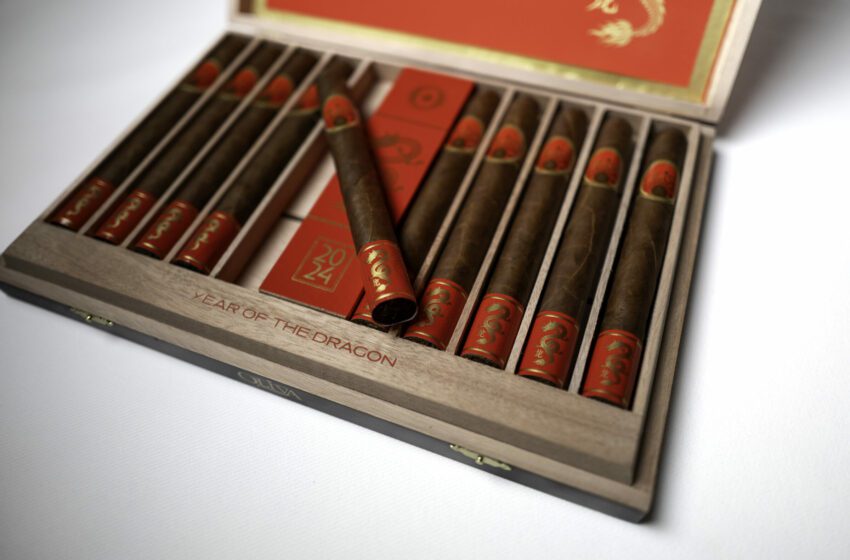
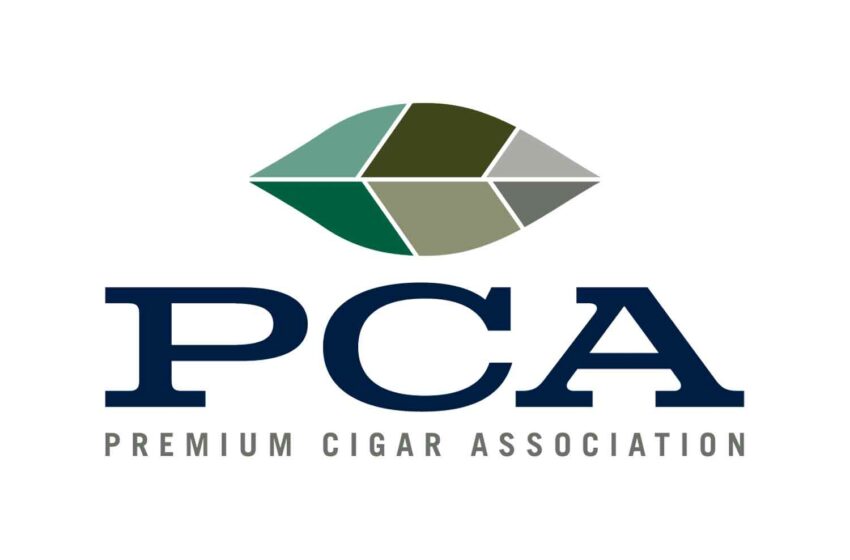
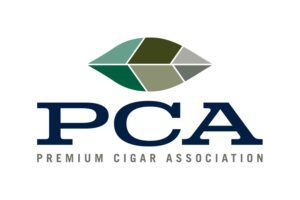 The Premium Cigar Association (PCA), in collaboration with the Cigar Association of America (CAA) and Drew Estate Cigars, will be holding outreach events in Milwaukee, Wisconsin, on July 16, 2024, from 6 p.m. to 9 p.m. during the Republican National Convention, and in Chicago, Illinois, on August 20, 2024, also from 6 p.m. to 9 p.m. during the Democratic National Convention.
The Premium Cigar Association (PCA), in collaboration with the Cigar Association of America (CAA) and Drew Estate Cigars, will be holding outreach events in Milwaukee, Wisconsin, on July 16, 2024, from 6 p.m. to 9 p.m. during the Republican National Convention, and in Chicago, Illinois, on August 20, 2024, also from 6 p.m. to 9 p.m. during the Democratic National Convention.

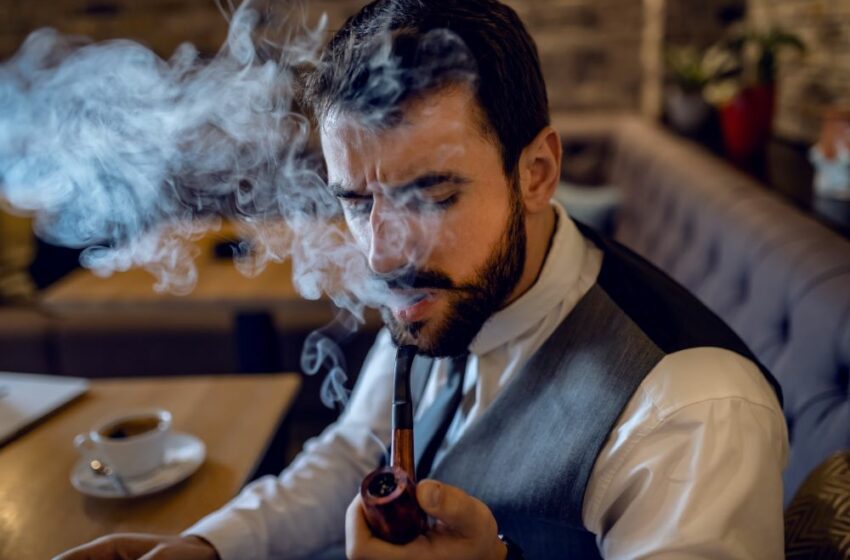
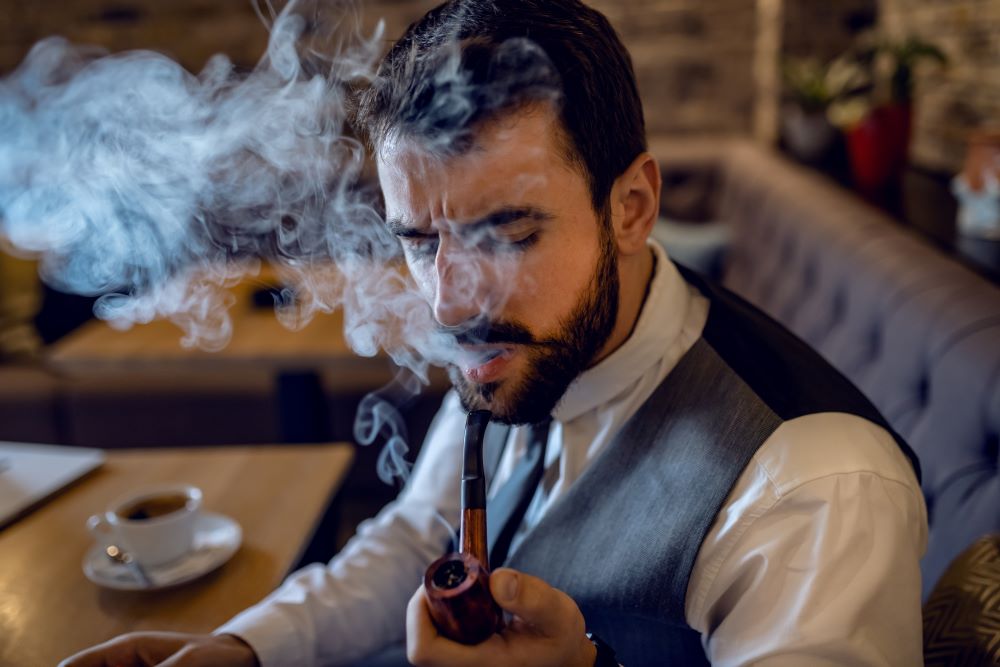
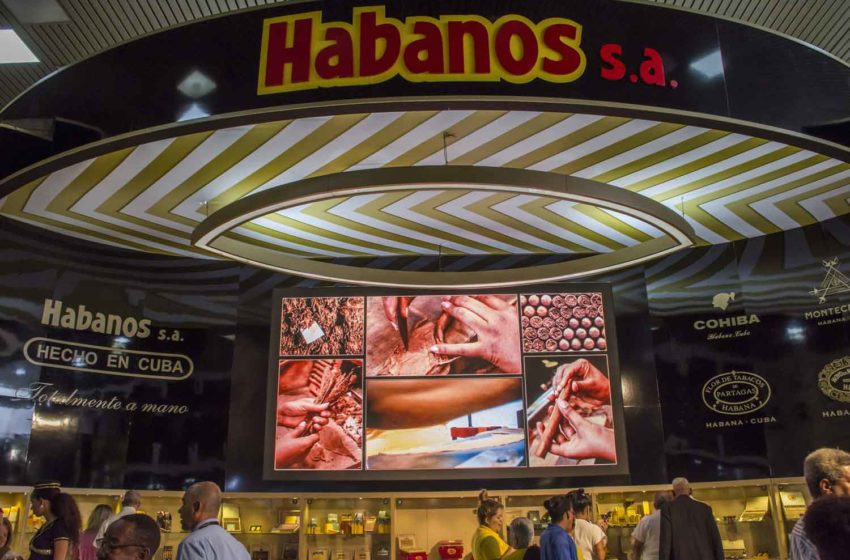
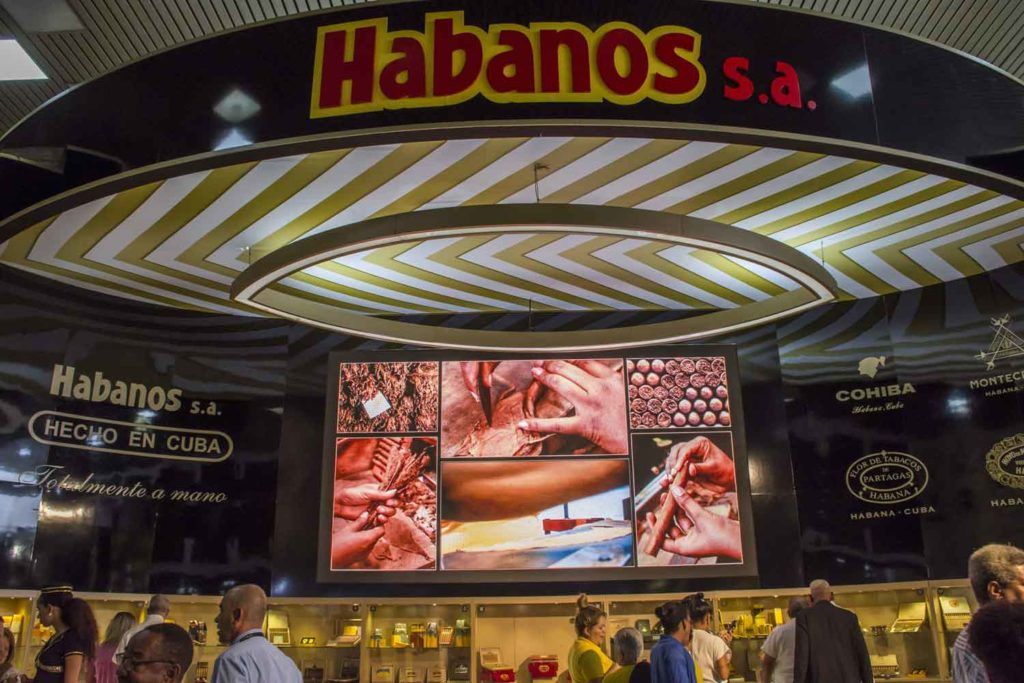
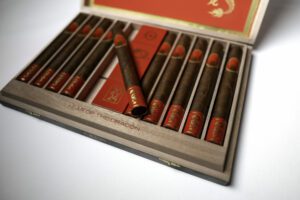




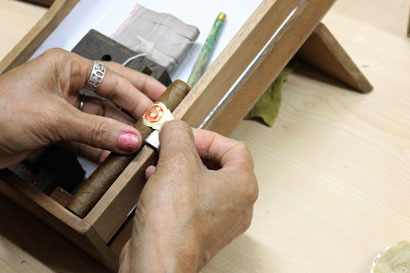

 The Cause of Action Institute (CoA Institute) on Tuesday filed an amicus curiae brief in support of a challenge to a new regulation that threatens small premium-cigar businesses in the US.
The Cause of Action Institute (CoA Institute) on Tuesday filed an amicus curiae brief in support of a challenge to a new regulation that threatens small premium-cigar businesses in the US.